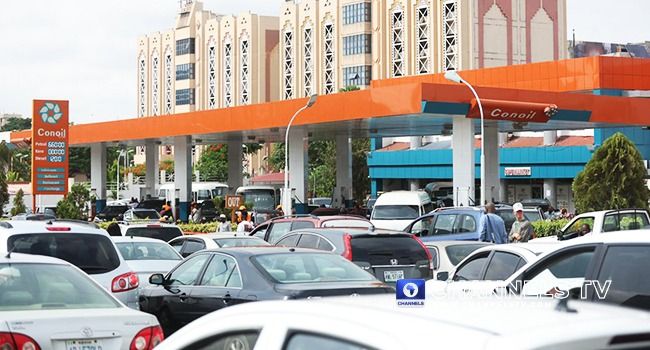Nigerian workers on Wednesday joined their counterparts in other parts of the world to mark the 2024 International Labour Day, also known as Workers’ Day.
The May Day, an annual ritual celebrated on May 1st of every year, honours the contributions and feats of workers worldwide as well as the vital roles of workers in building resilient societies and productive economies.
This year’s Workers’ Day is the first under President Bola Tinubu who was sworn in as president on May 29, 2023.
Already, the Federal Government declared Wednesday, May 1st, 2024 as a public holiday to mark this year’s Workers’ Day event in Nigeria.
President Tinubu introduced some sweeping reforms including petrol subsidy removal and unification of the foreign exchange windows when he took over last May, two decisions that have been flayed by labour groups, the Nigeria Labour Congress (NUC) and the Trade Union Congress (TUC).
The removal of petrol subsidy saw the price per litre of the premium commodity jumping from around N184 to about N600. The move aimed at the deregulation of the oil sector has inflicted untold hardship on Nigerians with the prices of basic commodities going through the roof.
High-cost-of-living protests subsequently broke out across the country, with labour unions demanding new minimum wage for workers to cope with the inflationary pressure. The government has continued to placate citizens with the introduction of palliatives — as interim interventions — and encouraging them to endure the pain of the moment.
Nigerians mark this year’s May Day amid spiralling, and unending queues at filling stations as scarcity of petrol worsens across the Federation.
The fresh fuel scarcity has grounded many economic activities in states across the Federation as Nigerians queue up at filling stations nationwide.
While some motorists were lucky to get fuel at some retail outlets for between N700 and N,1200 per litre after hours of sweat and contest, others weren’t so lucky as many retail outlets were shut, with their excuse being supply challenge.
The shortage of the premium product saw black marketers selling petrol for as high as N2,000 per litre in states.
In all of this NLC and the TUC have at various times called on the administration of President Bola Tinubu to hasten the upward review of wage awards. Of late, the Organised Labour demanded N615,000 as the new minimum wage for workers to cope with the many economic realities and high cost of living in Nigeria.
The labour unions said the current minimum wage of N30,000 can no longer cater for the wellbeing of an average Nigerian worker, lamenting that not all governors are paying the current wage award which expired in April, five years after the Minimum Wage Act of 2019 was signed by former President Muhammadu Buhari.
The Act is to be reviewed every five years to meet up with contemporary economic demands of workers.
On Tuesday, the Federal Government approved a salary increase of between 25% and 35% for civil servants on the remaining six Consolidated Salary Structures.





